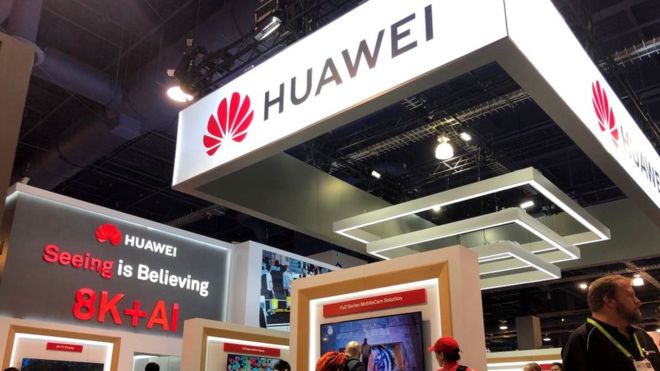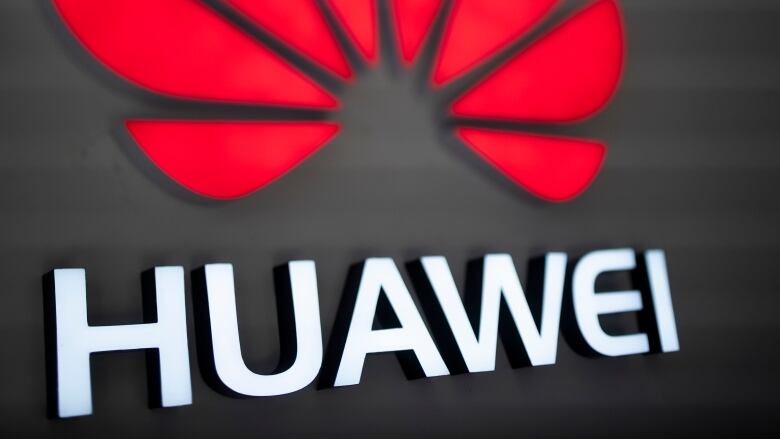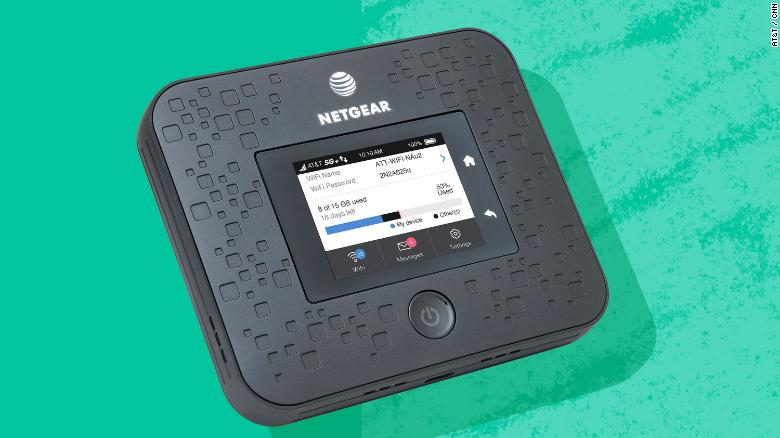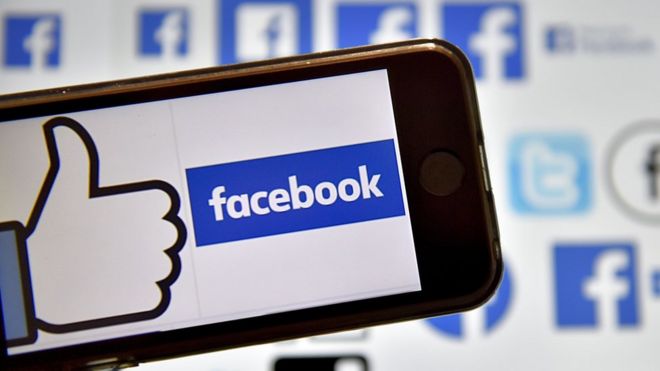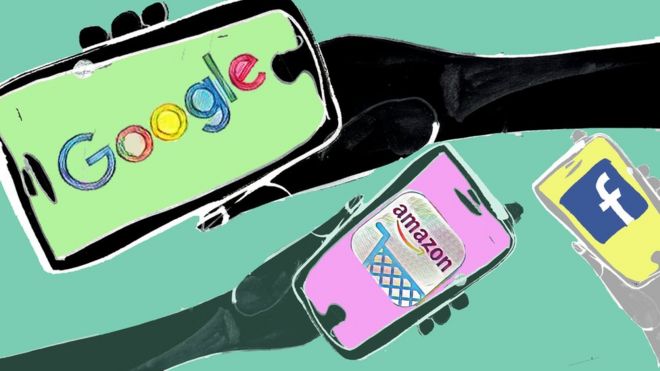For Amazon, getting Alexa’s new security-guard feature to work meant literally breaking a lot of windows.
In December, the company started inviting Amazon Echo users to try out Alexa Guard, a new setting that turns the smart speakers into home security devices. It listens for suspicious sounds when you’re away and sends a smartphone alert if it detects, say, a window breaking and a possible break in.
According to Prem Natarajan, vice president of Alexa’s AI division, Amazon employees had to destroy different types of glass, such as window glass, wine glasses and drinking glasses, with tools like baseballs or hammers to train the technology.
Source: CNN Technology News
Date: January 17th, 2019
Link: https://www.cnn.com/2019/01/15/tech/amazon-alexa-guard/index.html
Discussion
1) Amazon surely can’t have people doing lab tests like this for every single thing. Why is it worth it to Amazon to spend time and money on this?
2) What privacy issues might there be if you turn your Amazon speakers in to listening devices that, presumably, are always listening?




